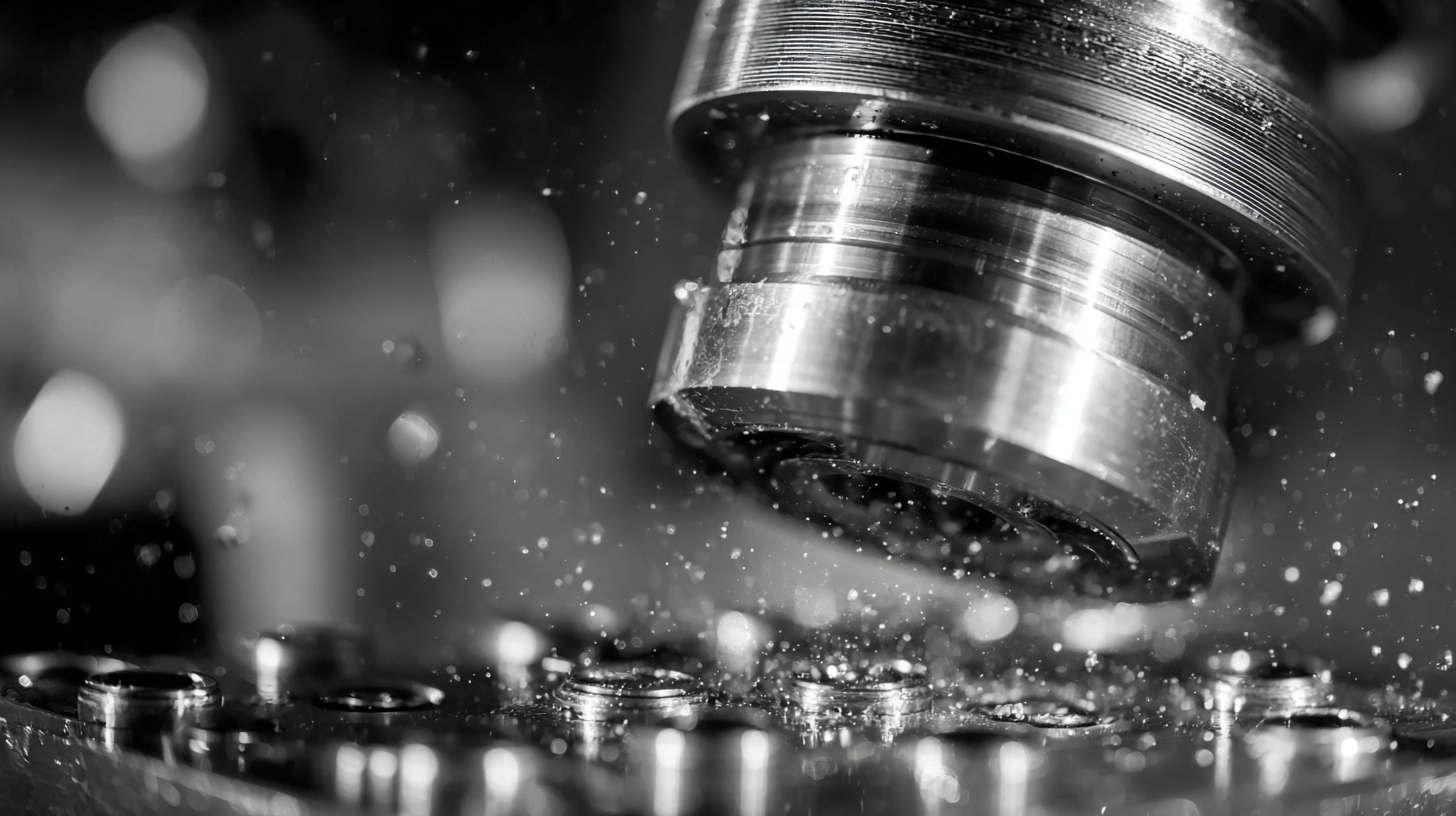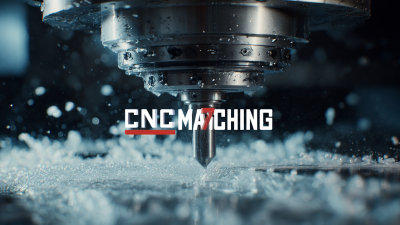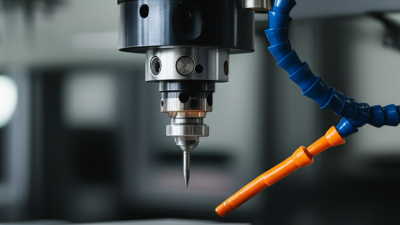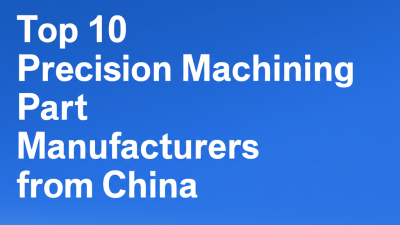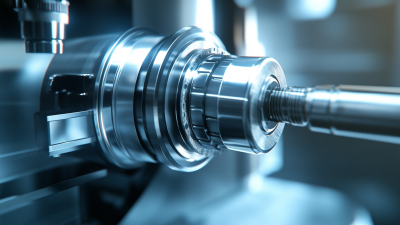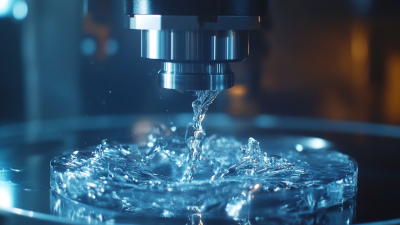In the rapidly evolving landscape of modern manufacturing, CNC machining stands out as a transformative force that is redefining production methodologies. According to a recent report by MarketsandMarkets, the global CNC machining market is projected to reach USD 100.8 billion by 2026, growing at a compound annual growth rate (CAGR) of 6.7% from 2021 to 2026. This explosive growth underscores the critical role CNC machining plays in enhancing efficiency, precision, and flexibility in various industries, from aerospace to automotive. As manufacturers increasingly turn to CNC technology to streamline operations and reduce costs, the ability to automate intricate cutting and shaping processes is proving essential.
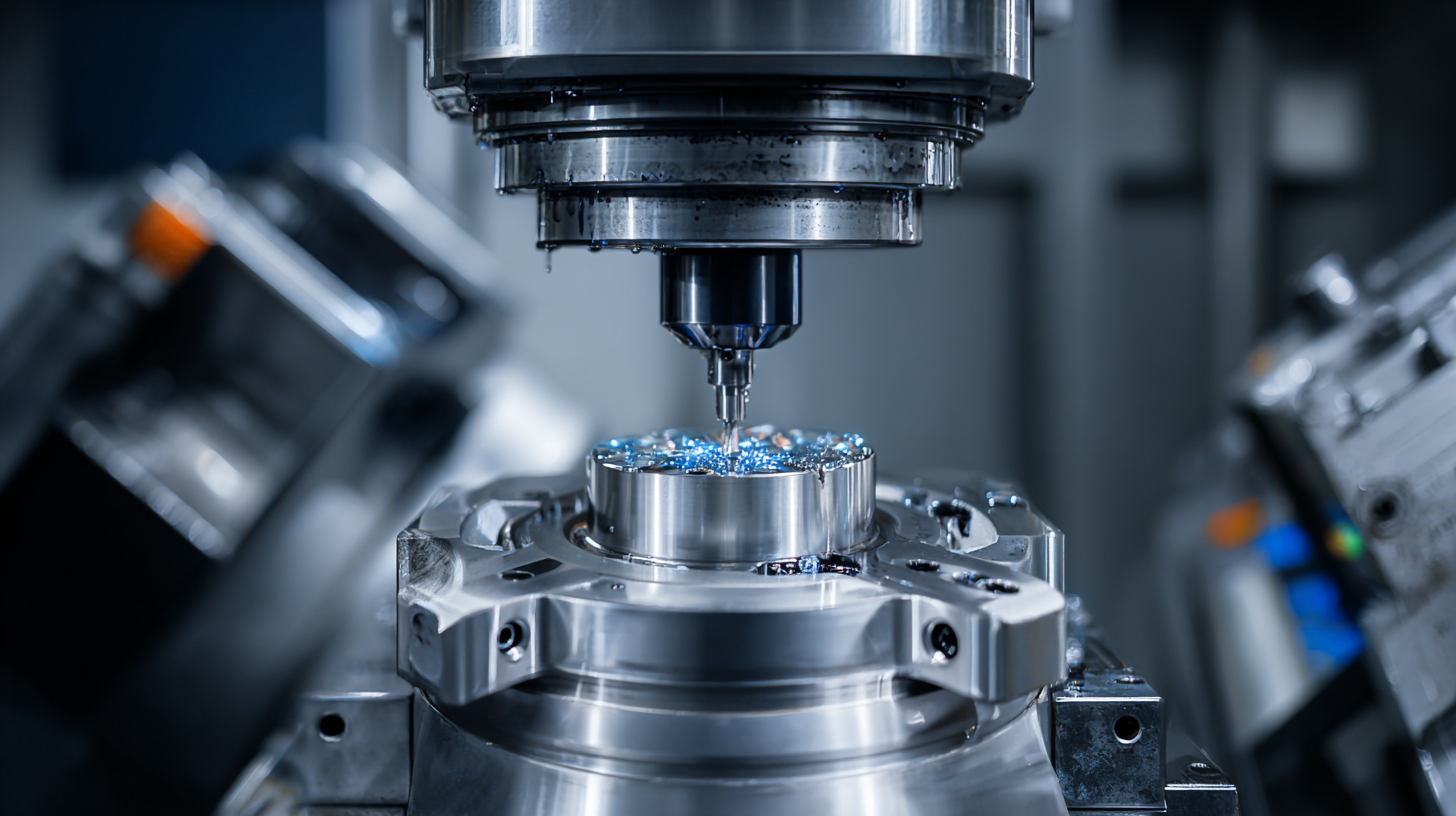
This article delves into the revolutionary impact of CNC machining on contemporary manufacturing techniques, exploring how this advanced technology not only boosts productivity but also fosters innovation in product design and development.
CNC machining, or Computer Numerical Control machining, has fundamentally transformed modern manufacturing by integrating technology and precision into production processes. At its core, CNC machining involves the use of computers to control machine tools, allowing for highly accurate and repeatable manufacturing of parts. This technological evolution began in the 1940s and has evolved significantly, from rudimentary systems relying on punched tapes to sophisticated software that can design complex geometries.
As industries shifted toward automation, the benefits of CNC machining became increasingly apparent. This technology not only enhances the speed and efficiency of production but also reduces human error, leading to higher quality outcomes. Furthermore, the ability to produce intricate designs with minimal waste has made CNC machining an indispensable tool in various sectors, including aerospace, automotive, and healthcare. Today, CNC machines can adapt to different materials and functions, showcasing their versatility and elevating manufacturing practices to unprecedented levels.
CNC machining has significantly transformed modern manufacturing techniques, leading to higher production speed, reduced material waste, improved precision, and lower labor costs compared to traditional manufacturing methods.
CNC machining has transformed modern manufacturing by offering significant advantages over traditional methods. One of the key benefits is precision. CNC machines operate based on computer numerical control, enabling them to execute intricate designs with remarkably high accuracy. This level of precision is crucial in industries such as aerospace and medical devices, where even minor errors can lead to substantial issues. Recent data indicates that the global CNC machine market was valued at approximately USD 95.29 billion in 2024 and is projected to reach USD 101.22 billion by 2032, highlighting the growing reliance on these advanced machining techniques.
Moreover, the versatility of CNC machines sets them apart from conventional manufacturing. They can efficiently process a wide array of materials, including metals, composites, and plastics, adapting to diverse production needs. For instance, recent developments have introduced budget-friendly CNC options capable of handling multiple materials, thereby making cutting-edge manufacturing accessible to smaller enterprises. Additionally, the integration of AI into CNC machining management further enhances operational efficiency by optimizing production schedules and minimizing downtime. As CNC technology continues to evolve, its role in modern manufacturing remains indispensable, driving innovation and efficiency across various sectors.
CNC machining has transformed modern manufacturing by offering unparalleled precision and efficiency across various industries. From aerospace to automotive, the application of CNC technology has streamlined production processes, enabling manufacturers to produce complex components with tight tolerances. This level of accuracy was previously unattainable through traditional machining methods, propelling industries towards more intricate designs and functionalities in their products.
Additionally, the global market for machining centers, valued at $29.17 billion in 2018, is expected to grow at a compound annual growth rate of 4.9% through 2032. This growth underscores the widespread adoption of CNC machining across sectors. Industries, including electronics, medical devices, and renewable energy, are increasingly integrating CNC technology to improve productivity and lower costs. As manufacturers continue to embrace these advancements, CNC machining is set to become an essential element in driving innovation and efficiency in modern production environments.
CNC machining has emerged as a transformative force in modern manufacturing, particularly in enhancing precision and efficiency across various sectors. The adoption of advanced digital technologies has significantly elevated productivity levels, with the CNC machines market projected to reach USD 170.4 billion by 2033, growing at a remarkable CAGR of 9.80% from 2024 to 2033. This surge reflects the widespread recognition of CNC machining's ability to streamline production processes, reduce errors, and optimize resource allocation.
Innovative developments, such as AI-driven automation in CNC machining, are pushing the boundaries of efficiency and sustainability. Startups are at the forefront of this revolution, creating AI agents that automate complex machining tasks, resulting in reduced lead times and enhanced operational capabilities. Furthermore, the launch of next-generation CNC routers showcases the integration of AI-powered features that not only improve productivity but also promote sustainable practices by minimizing material waste and energy consumption. This convergence of CNC technology and artificial intelligence is setting a new standard in manufacturing, where precision and efficiency go hand in hand.
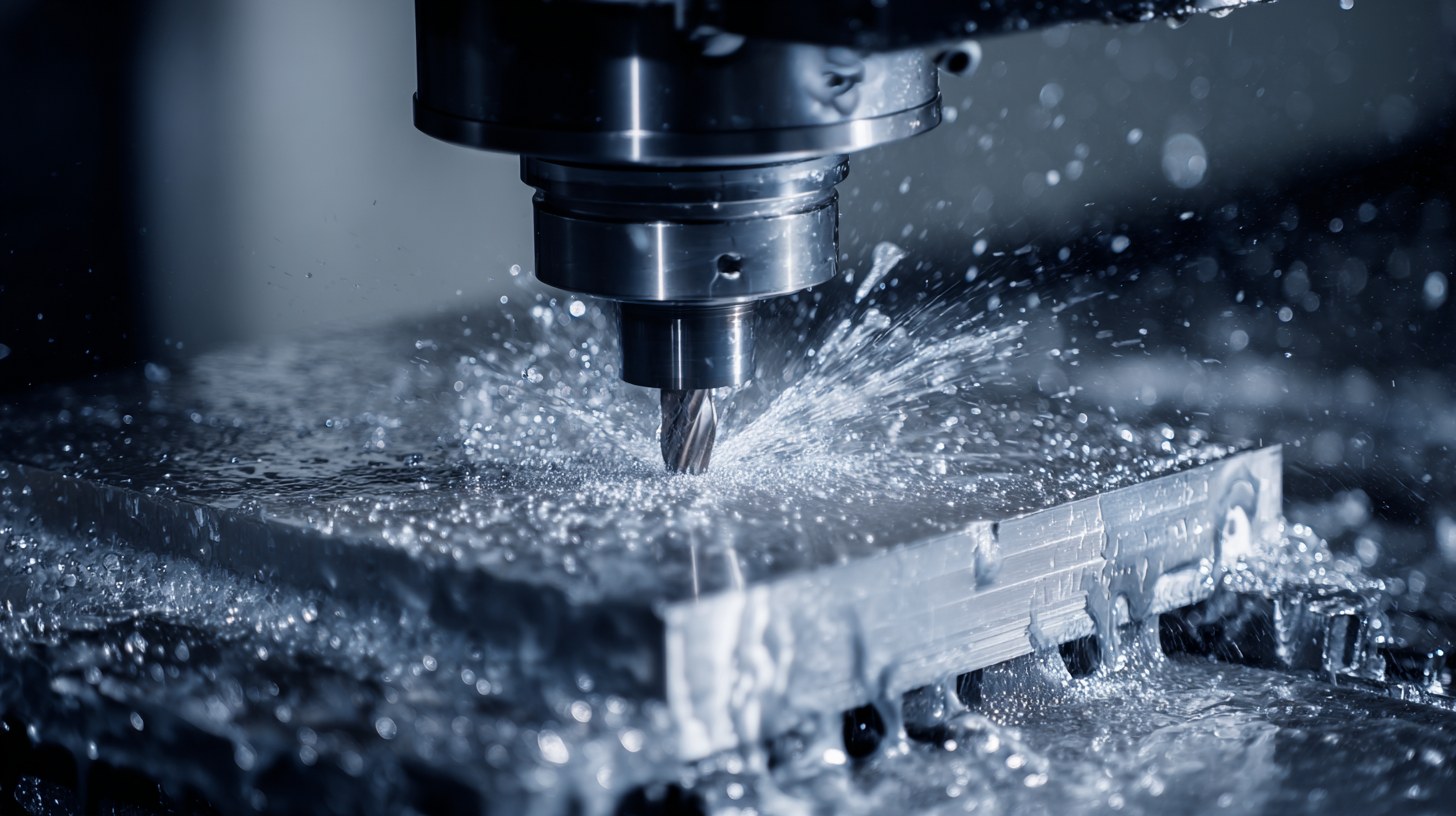
CNC machining is rapidly evolving, driven by innovations and trends that are shaping the future of manufacturing. The integration of digital manufacturing technologies significantly boosts productivity across various industries, particularly with the growing demand for high-precision tasks. For example, recent reports project the stripping machine market to grow from USD 431.1 million in 2022 to USD 631.4 million by 2030, reflecting a robust shift toward automated solutions that enhance efficiency while also being environmentally sustainable.
With a noticeable trend towards localizing supply chains, companies are reaping the benefits of reshoring manufacturing. This shift not only supports job creation but also enhances supply chain resilience, making businesses more agile in responding to market demands. The upcoming MIMF 2025 event emphasizes the significance of smart devices and innovative technologies in advancing manufacturing practices. As manufacturers increasingly adopt AI and digital twins in CNC machine development, we expect to see a more durable and efficient production landscape.
**Tips:**
1. Consider investing in CNC systems that incorporate AI for better precision and efficiency in manufacturing processes.
2. Stay updated on industry reports and market trends to make informed decisions about your manufacturing strategies.
3. Embrace local partnerships to enhance supply chain resilience and create job opportunities in your community.
